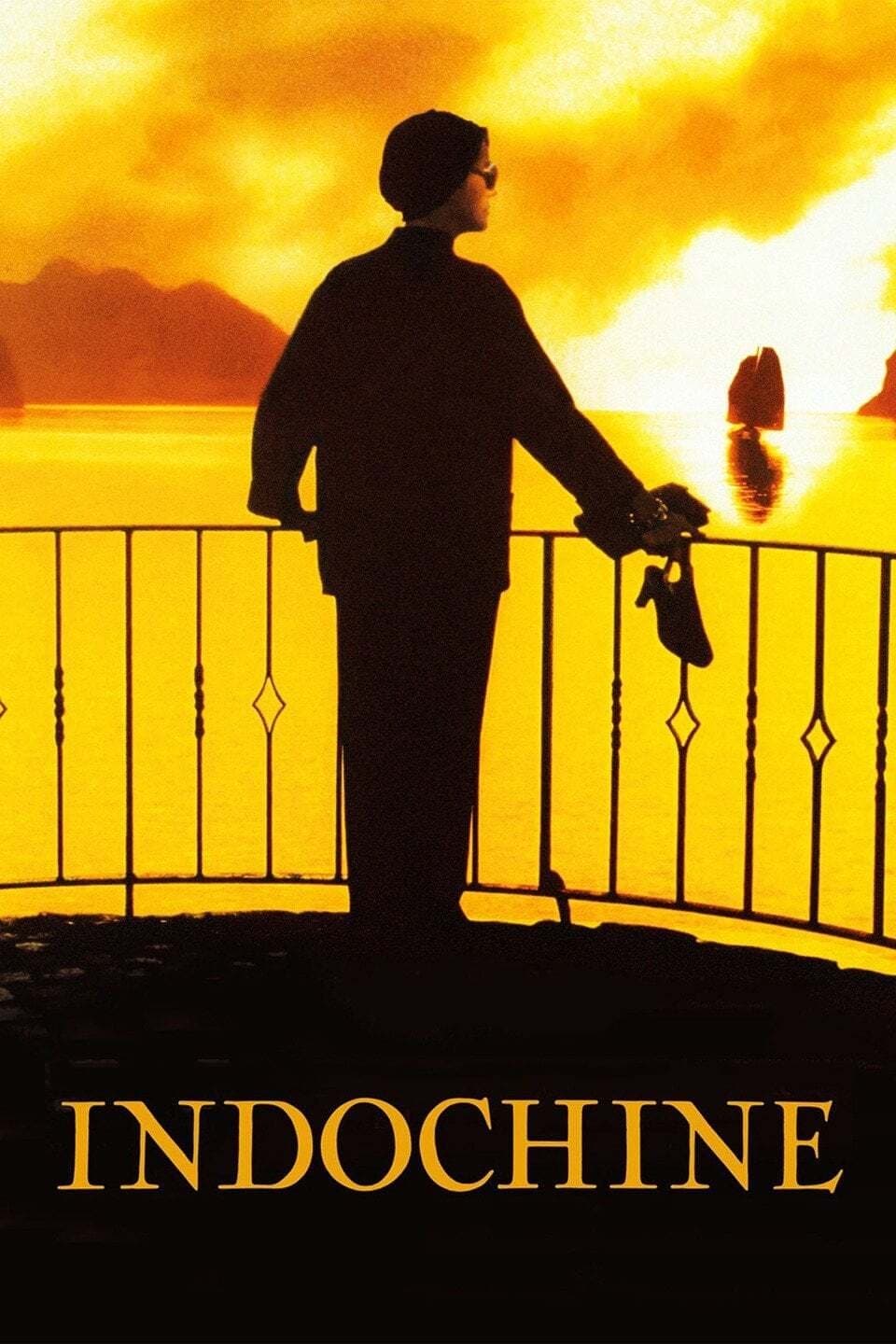
Set in colonial French Indochina during the 1930s to 1950s, this is the story of Éliane Devries, a French plantation owner, and of her adopted Vietnamese daughter, Camille, set against the backdrop of the rising Vietnamese nationalist movement.
19 Sep Indochine (1992)
Communism as Theater
Nothing has the same flavour of sadness as a film gone awry, especially a film with weight. And this has weight at least from its aspirations and budget — even more from the much delayed European examination into their colonial crimes.
There’s some lovely photography here, but none of it is cinematic. It doesn’t even advance the story. So set that aside. Oddly, there is another French film, made this same year which was also made on location and addresses the same period: ‘The Lover”. It has small ambitions and exceeds them. It is manifestly effective cinematically and successfully overlays societal, political and sexual forces.
Those three are all here but tossed together as some sort of incoherent salad. They might have chosen the David Lean/Gone With the Wind strategy of using the political sweep as some sort of grand backdrop — like a score — for a multigenerational story of love etc. War as noise.
But they attempt more, the script drives off into territory explored well by others: love as revolution. Also there is the thin beginnings of another intelligent idea: a play within the play where the story we see becomes reincarnated as thousands of recountings of it on rural stages to the very characters involved. This, you see (so called “folding”) would have formed the basis for using love and revolution as metaphors for each other.
(Even the 1932 “Red Dust” with Gable and Harlow — made while the events were happening — was able to tap this very dual metaphor, but in a more promiscuous way.)
But it all collapses. I think this is because of an unprincipled director and the stultifying subsidy of the French state film bureaucracy. How odd that a film about stupid French policy would employ so obviously stupid French policy.
Posted in 2005
Ted’s Evaluation — 2 of 3: Has some interesting elements.


No Comments